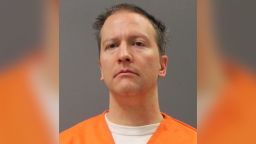In the past month, attorneys general in three states have sought a court-ordered overhaul of local police departments, increasingly filling the role the federal government has played for decades of holding accountable police departments that are deemed to be behaving badly.
State officials have been initiating investigations into local police departments, recognizing that the federal government can’t take on every case nationwide. Their move into this area of police reform is in part filling a gap created by the Trump administration, which all but stopped opening pattern or practice investigations into local police departments.
While these investigations are regarded as even more important amid heightened public scrutiny of law enforcement, there is disagreement on whether federal involvement in local policing leads to tangible reform, experts say.
“Just as the Justice Department has learned and is still learning how to use this tool effectively, I have no doubt that states will face the same challenges and I think they will be able to learn to some extent from what the feds have done,” said Christy Lopez, a Georgetown University law professor who led the Justice Department’s investigation of the Chicago Police Department.
In Illinois, Attorney General Kwame Raoul announced an investigation into the Joliet Police Department in September after an in-custody death and its potential cover-up was documented by USA Today.
In California, Attorney General Rob Bonta announced an agreement in August with the city of Bakersfield to overhaul its police department after an investigation initiated by the Justice Department in 2016.
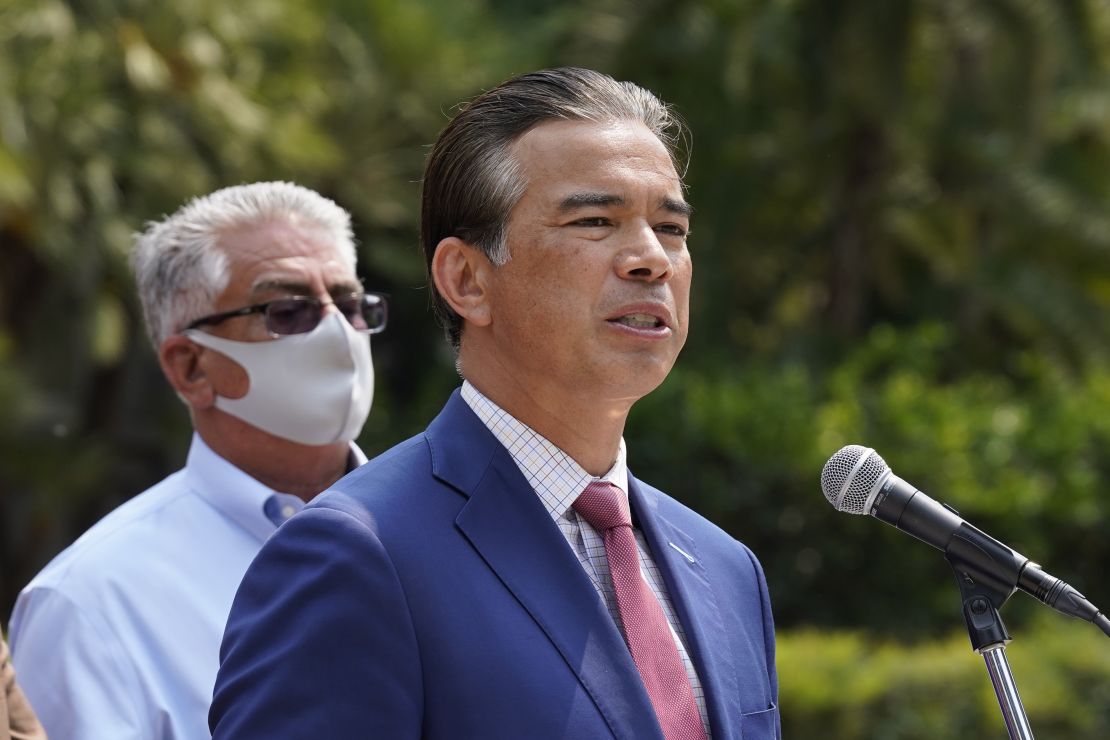
In Colorado, the state’s attorney general last week released the findings of an investigation that his office began last year after the death of Elijah McClain at the hands of Aurora police officers and paramedics. In Illinois and Colorado, state legislatures only recently gave the attorneys general the authority to investigate local police departments.
“We started this investigation under the prior (presidential) administration, and they had a categorical policy of not conducting these investigations,” said Colorado Attorney General Philip Weiser. “They were trying to dismantle existing consent decrees and not conducting new pattern and practice investigations. When we started this in the summer of 2020, (a federal investigation) wasn’t an option. The only option was to use our authority.”
Scrutiny’s on law enforcement in more ways
Consent decrees are an uncommon tool of last resort used by the Department of Justice to reform hesitant police departments, first by investigating how they work and then using the findings of the investigation to force their city or county government into an agreement to change. The Department of Justice has done a few dozen of these investigations in the last two decades, after Congress gave it that authority in 1994.
“Generally speaking, the department is supportive of state attorneys general exercising their authority to address systemic problems in local police departments,” a DOJ official told CNN.
During the four years of the Trump administration, the DOJ conducted one investigation into one unit of one police department. The DOJ, under President Joe Biden, has announced investigations into the Minneapolis, Louisville, and Phoenix police departments. Still, together, experts say, they represent a tiny fraction of the thousands of police departments that exist as parts of local, county, and state governments across the country.
“Already in the Biden administration you’ve got Minneapolis, Louisville, Phoenix. Out of 18,000 police departments, that’s a drop in the bucket,” said Chuck Wexler, executive director of the Police Executive Research Forum (PERF), a national police research and policy organization that advises police leaders on best practices. “I think what you’re seeing is division of labor. Some attorney generals are stepping into the police reform business.”
State attorneys general investigating police departments is just one of the many ways that scrutiny is being put on law enforcement in the post-George Floyd era. On Wednesday, a group of former and current Black women officers filed a class-action lawsuit against the Washington, DC police claiming racial and sexual discrimination, a hostile workplace and a culture of intimidation.
The 10 women say that while on the job at the Metropolitan Police Department (MPD) they were treated with contempt and subjected to a male-dominated “culture of race and sex discrimination” and “intense pervasive retaliation” when they complained about it, according to the lawsuit.
On the federal level, however, bipartisan talks around overhauling policing laws ended without a deal earlier this week. Six months of negotiations were stalled due to several key sticking points, including qualified immunity, a controversial federal doctrine established by case law that can shield officers and other government employees from civil liability.
State AGs launch probes into police
Police departments targeted by investigations launched by attorneys general are typically in large cities and often follow scandals or high-profile deaths of people in police custody. It’s common for investigators to find problems with training, supervision, or policies.
After the investigation, there’s typically an agreement negotiated between the municipality that oversees the police department and the Department of Justice. That agreement is known as a consent decree, and there’s usually a lawyer or law firm paid by the city to make sure the department implements reforms as outlined in the agreement.
Not every state gives its attorney general authority to initiate investigations, and in some states, attorneys have sought court-ordered reform of departments through lawsuits.
In recent years, at least three state attorneys general have initiated investigations.Illinois and Colorado each gave their attorneys general the authority to investigate local police departments for problematic patterns, and California’s attorney general has had that authority for years.
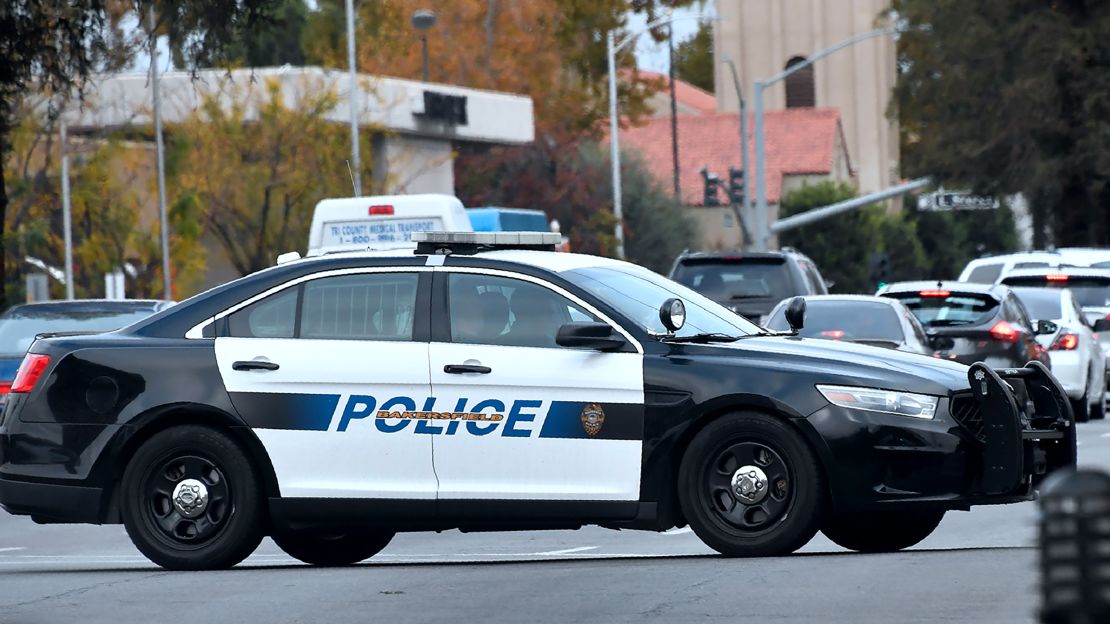
In 2016, Vice President Kamala Harris, who at the time was the attorney general of California, started an investigation into the Bakersfield Police Department and the Kern County Sheriff’s Office. The police department agreed to some changes last month, including changes to the way officers use and document force and the way supervisors review force.
“It was a comprehensive investigation, collaborative one … as they reviewed all of the uses of force, all the officer-involved shootings, citations, just a host of documents over a period of years,” said Greg Terry, chief of the Bakersfield Police Department. “Almost immediately we became proactive in seeking outside policy consultants to look at use of force policies, increased level of training and supervision and oversight of officers.”
A spokesperson for the union representing rank-and-file Bakersfield police officers didn’t respond to a request for comment.
Weiser, a special prosecutor appointed by Colorado Gov. Jared Polis last year, released the findings of a year-long investigation into the Aurora Police Department last week. The investigation was launched after the death of McClain, a 23-year-old Black man who was stopped by police while walking home from a store, placed in a carotid hold and then injected with ketamine.
According to the investigation’s findings, the agency “has a pattern and practice of racially biased policing, using excessive force, and failing to record required information when it interacts with the community,” the report states. Weiser will seek a federal consent decree that will require “specific changes and ongoing independent oversight,” his office announced.
A spokesperson for the Aurora Police Department declined to make the chief or other member of the command staff available for comment.
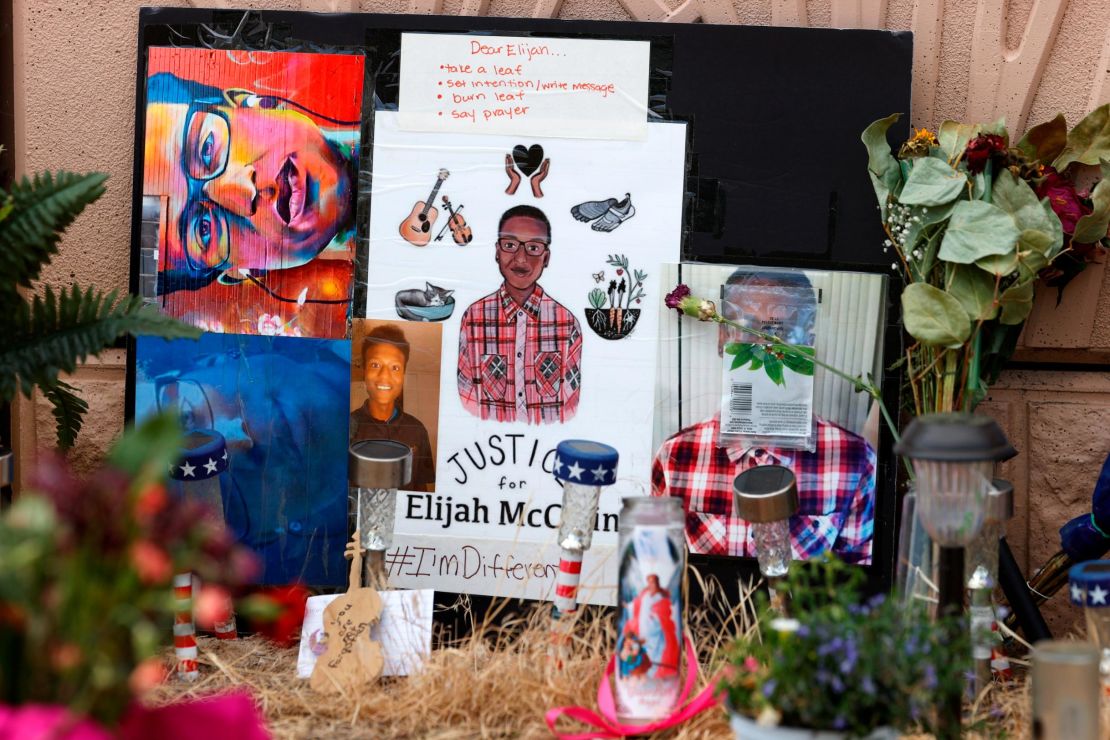
The trouble with consent decrees
Illinois Attorney General Raoul announced an investigation into the Joliet Police Department after a USA Today report documented officers who had taken custody of an arrestee who swallowed drugs, the conduct of the arresting officers, and an allegation of retaliation against a sergeant who provided information about the case to the media without his department’s permission.
“After receiving the request from Joliet’s mayor and city officials, my office began a preliminary review of Joliet Police Department records and other information,” Raoul said. “It is clear that a formal investigation is needed to look at whether the department has engaged in patterns or practices of unlawful or unconstitutional policing.”
Raoul said that in the coming weeks, his office will conduct a “thorough, impartial and independent review of whether reforms are needed under the law.”
Spokespersons for the Joliet Police Department, and the union representing rank-and-file officers, didn’t respond to a request for comment.
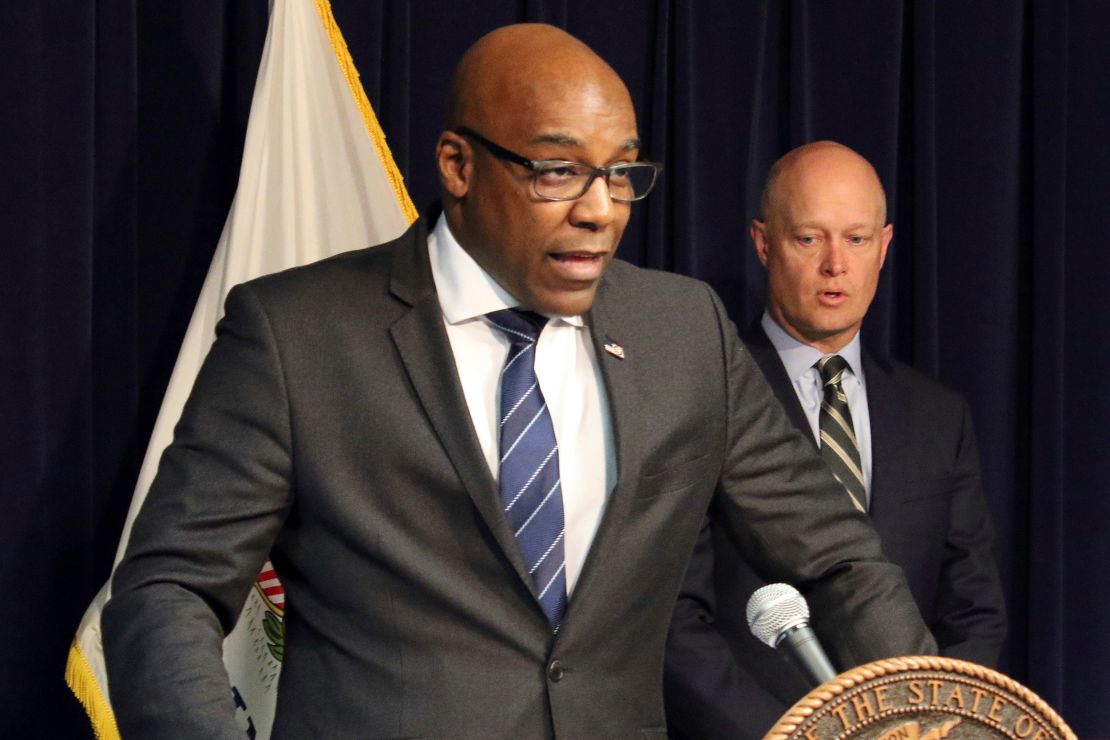
But consent decrees and federal involvement in local policing isn’t universally accepted as a good thing, or that it even leads to reform. Peter Moskos, a former police officer and now a professor at John Jay College in New York, said the investigation in Baltimore was “horrible” and designed to justify federal oversight.
The Justice Department revealed a “pattern-or-practice of constitutional violations,” including excessive force and racially biased arrests. The probe ultimately led to the implementation of a federal consent decree in 2017 mandating systemic reform.
“It’s not a real report, it’s just checking boxes to show systemic patterns of abuses to be able to implement a consent decree. In theory I’m not against them, I just haven’t seen them working. Then you can’t get out from under them,” he said. Moskos also noted that consent decrees deal primarily with the department, but not crime.
Lopez of Georgetown University – who was a longtime Civil Rights Division career attorney with the Justice Department – said the Baltimore investigation was comprehensive, involving numerous interviews, reviewing thousands of documents, and analyzing data to determine a “pattern or practice of unconstitutional conduct.”
“We really need to get better at how we measure the impacts of consent decrees,” Lopez added. “From what we can tell, it takes years for the full impacts to be felt, but there are some indications that you start to feel the impacts earlier than that,” Lopez said.
‘You have to have best practices’
The investigation into the Aurora Police Department found that “Aurora does not create and oversee appropriate expectations for responsible behavior, which leads to the use of excessive force and the violation of the civil rights of its residents,” according to a press release from the attorney general, announcing the findings.
A spokesperson for the union representing rank-and-file officers did not respond to a request for comment.
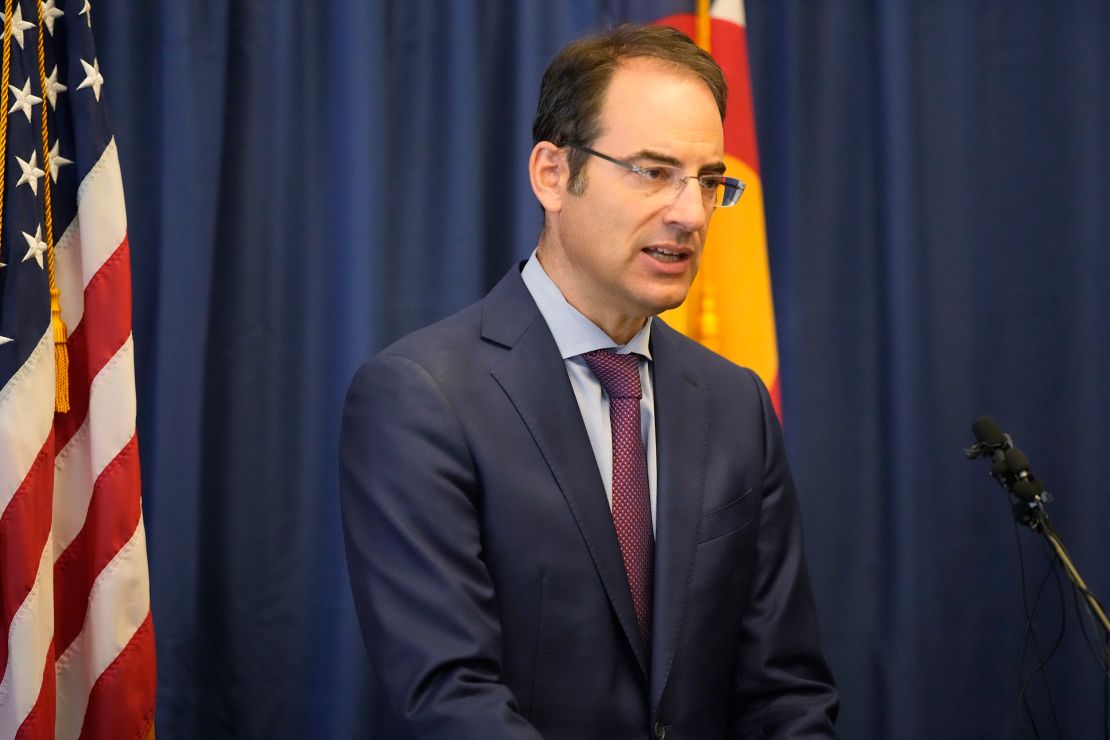
Like federal investigations, Weiser said the Colorado investigation ended with an outside entity monitoring an agreement between the state and the city of Aurora. Weiser said the goal of the investigation was to look at the “global picture” of the department, and not bring criminal prosecutions against individual officers.
“Excessive and unnecessary force can happen when situations could have been handled in cooler manner but is unnecessarily and unduly escalated. One way it happens, someone shows up and the way they present is in a way that raises the temperature,” he said. “This situation could’ve involved no force but ends up involving significant force. That’s unnecessary, excessive. Lots of situations weren’t criminal, just problematic policing.”
Wexler of PERF said it’s important that everyone involved should know what’s expected of everyone else, and there needs to be some way to hold everyone to expectations.
“What we’ve learned from the last 25 years, there needs to be accountability. In terms of process and outcomes and expectations, at the federal level, that’s been a source of some concern,” Wexler said. “I’m talking about everyone. Whether the (Department of Justice), the monitor, the federal judge, there’s lots of people involved. The process has to be understood, it has to be fixed in terms of when it can be evaluated.”
Wexler said that the lack of a single national standard for anything related to policing creates issues for police departments which are often required to implement some change to their policies and conduct as a result of the investigations.
“There are no national guidelines. If you’re talking about traffic stops, early warning systems, de-escalation, dealing with mental health issues, dealing with the homeless … you have to have best practices,” he said. “There are no national guidelines. It becomes an issue.”



